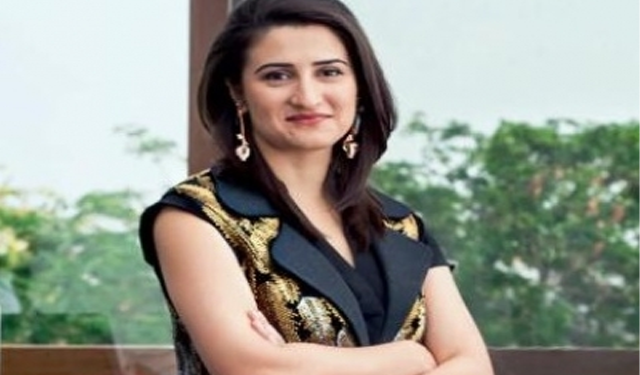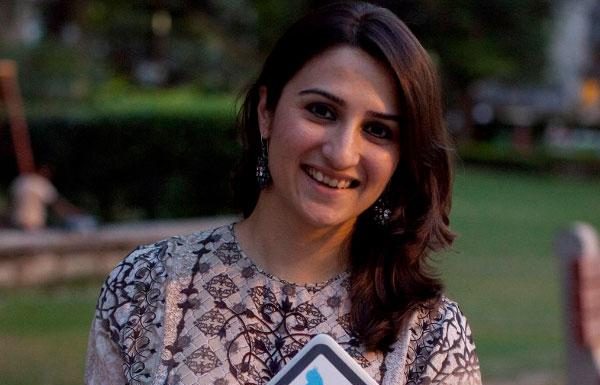In the meeting, Twitter policy head Mahima Kaul faced a barrage of questions from angry members of the Joint Parliamentary Committee (JPC) on the Data Protection Bill when she was summoned for. Mahima Kaul, Director of Policy at Twitter India There has been a recent storm brewing on Twitter where several right-leaning commentators are vexed about the increasing display of political bias by the platform. Earlier, Twitter CEO had admitted that its employees have a left-leaning bias. Mahima Kaul, who joined Twitter India as its head of public policy has resigned citing personal reasons. She joined the microblogging site in 2015. NewsXTo.
Mahima Kaul Linkedin

ACCORDING to India’s Telecom Regulatory Authority, at the end of 2013 India had over 904 million telecom subscribers. This includes both wireless and wireline subscribers – a significant number of India’s population that with modern communication technologies can help improve the quality of their lives. These modern technologies have another benefit – user data can be collected, users themselves can be tracked, monitored, intercepted and traced by the long arm of the Indian government. The competing need for privacy, data collection and surveillance, in part, lays out the landscape of a technology-led society we are building today.
This paper examines the legality of surveillance structures in India today (including mass surveillance programmes), and an expanding e-government project, and juxtaposes them against the missing privacy legal framework that is needed in a liberal democracy such as India. It concludes that accountability mechanisms and laws are needed to safeguard a society that is increasingly adapting to mass surveillance and the lack of privacy.


In India, as is the case globally, there is no doubt that a necessary argument must and will be made for being able to use the same technologies for policing and security as are used to perpetrate crimes and acts of terror. With increasing Internet penetration in the country, India released its first Cyber Security Policy in 2013, flagging the biggest areas of concerns for the country, including protecting critical information infrastructure and training more cyber security personnel. There is also growing concern in the country about the security of mobile networks given the increasing number of cheap and unverified products entering the market. With the increasing frequency of terror attacks on Indian soil there is a necessity for law enforcement officials to be able to investigate suspects with speed. At the same time, there is also a need and desire to use digital technologies to make governance more effective and efficient for the citizenry.
Mahima Kaul

Therefore, there are two broad aspects that need to be examined. The first relates to the surveillance mechanisms that exist via previous legislation, and new mass surveillance schemes that are being built by leveraging current technology. The second concerns the mass (and secure) collection of citizen data to build governance tools for smoother delivery of public services.
